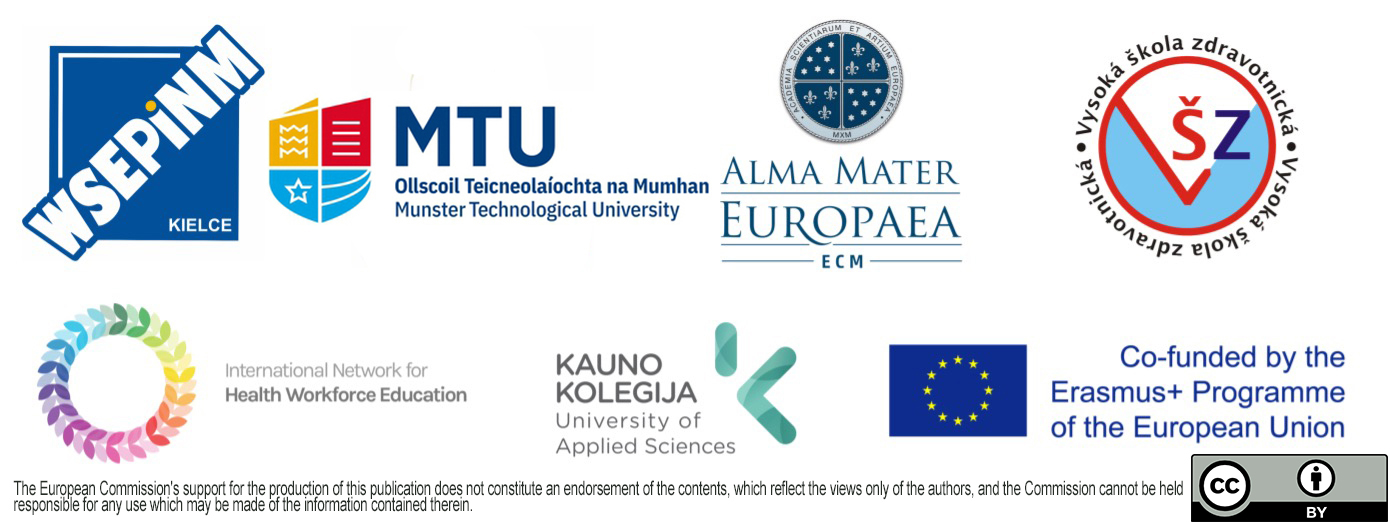Course Summary

The objective of this section is to develop students’
competences in the area of risk management and be able to link with dealing
with the aggressive patient. There are a variety of reasons that lead to the patient’s
behaviour escalating and by being aware of this and how to reduce the risk can
assist to de-escalate the situation.
All staff are responsible for risk management and being able to assess the risk
in their working environment. This is a vital component of dealing with
aggressive patients and being able to assess appropriately to help de-escalate
rather than increase the behaviour. The concept is to try and reduce the risks
in practice. It is also important to recognise risk management as a positive as
it can often be viewed negatively. Risk assessment is part of our everyday
lives. Risk can be reduced by being careful at home, plugging out devices at
night, protecting small children around the house and avoiding slips and falls
by appropriate footwear and not leaving obstacles in our way.
Risk management is basically good management as it seeks to ensure good outcomes for service users, staff and the service by anticipating and managing the things that can result in harm.
A key feature of managing risk in everyday practice relates to recognising the risks relating to the service you manage and having in place the systems and processes to reduce the risk of these occurring or if they do, to minimise their impact.
The five key principles/aspects of risk management are essential elements to be cognizant of in practice. These are
1. initiating risk
2. identifying risk,
3. assessing risk,
4. managing and responding to risk,
5. monitoring, reporting and communicating risk.
By the end of this section, the applicant will:
1. Have knowledge of risk management literature.
2. Be able to describe the 5 elements of risk assessment.
3. Be able to link the importance of risk assessment to the whole concept of dealing with aggressive / agitated patient.
Contents of the course
The literature presented in this report explores the available research relating to risk and risk management processes.
Literature report
Self-directed further reading
Test questions
Teaching techniques used:
Literature.
Test
Further reading of risk assessment policies.
